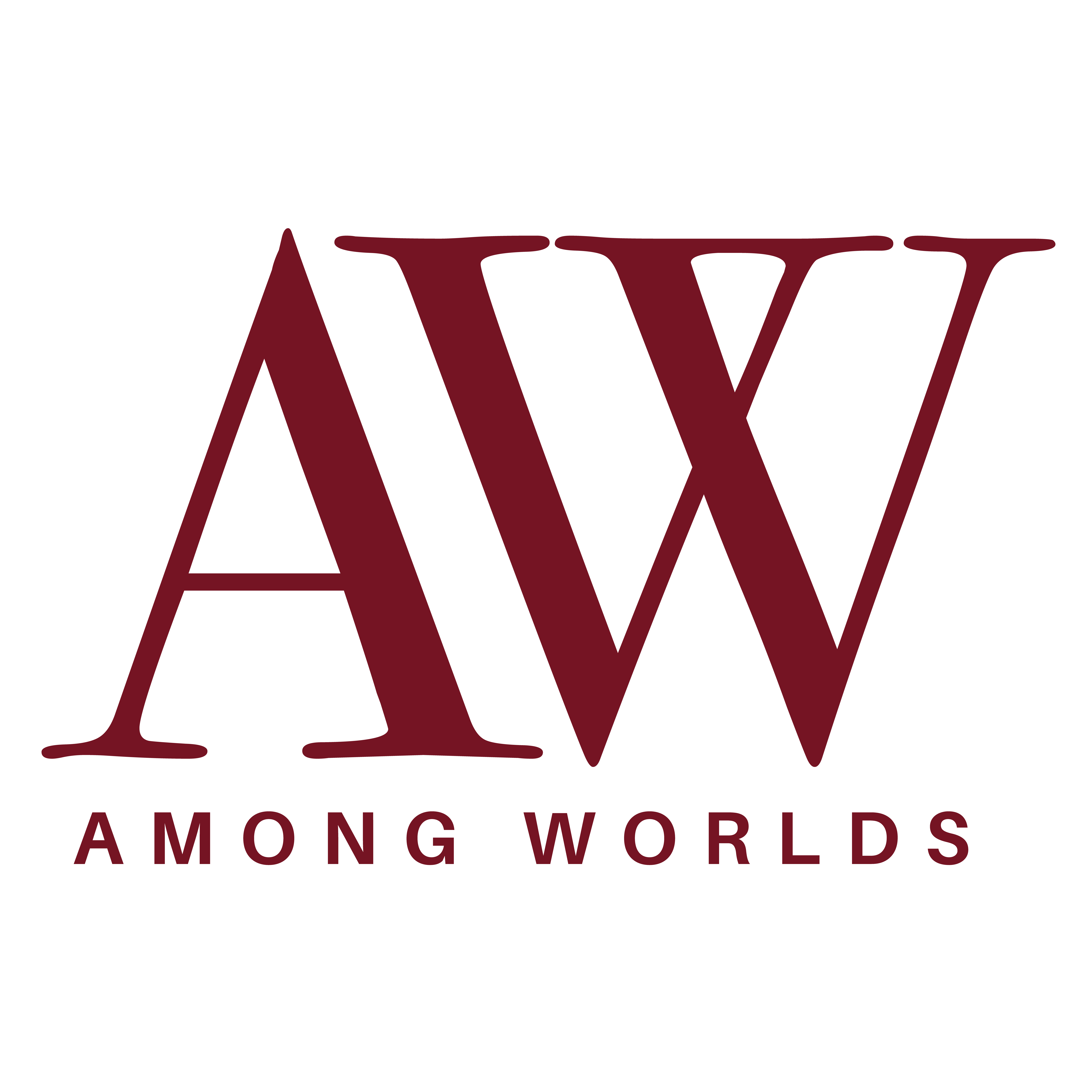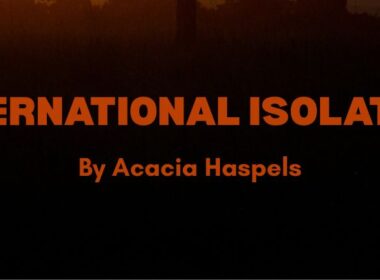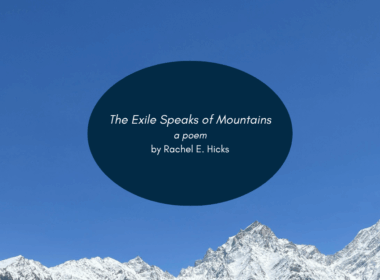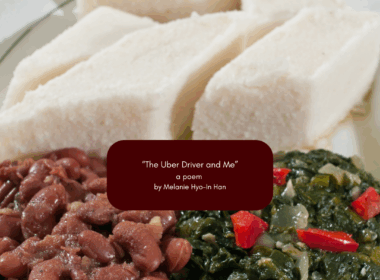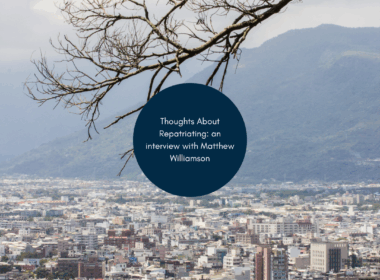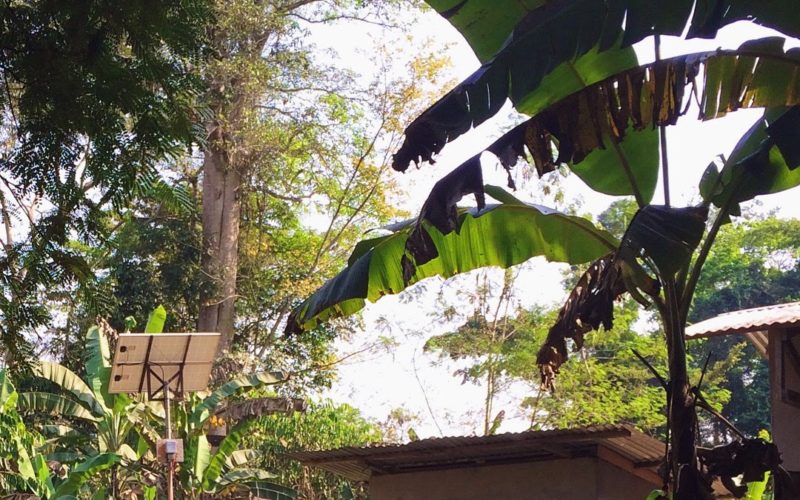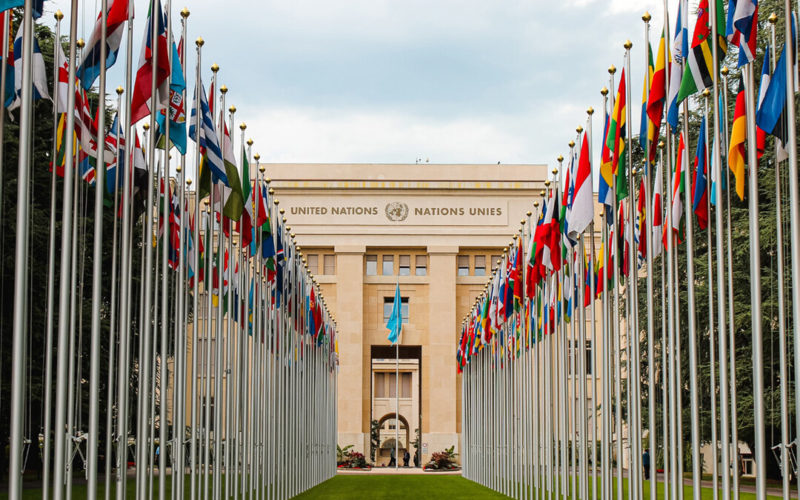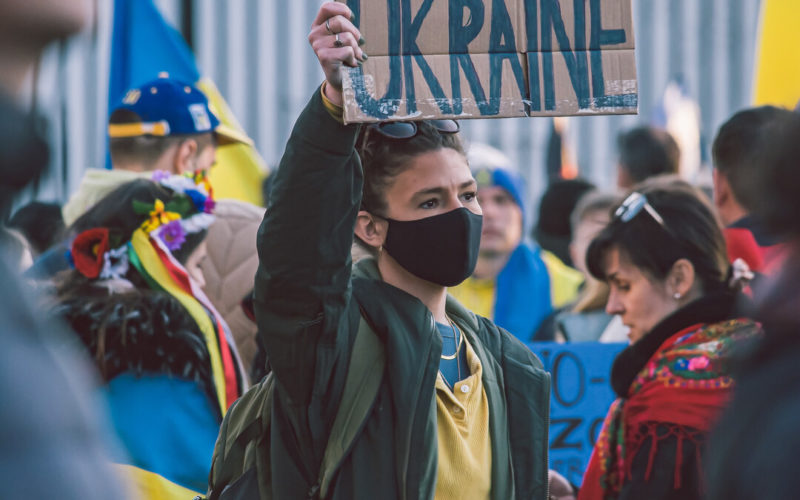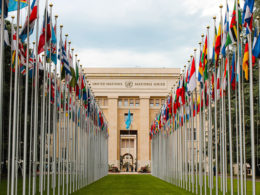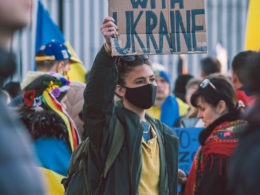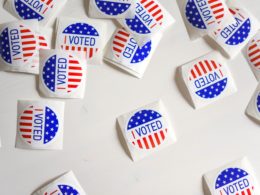by Haddie Grace
I know people who lived through the events I was reading about.
When people find out I am a graduate student, they often ask what I’m studying. When I tell them I’m studying the politics and governance of the energy and extractive sectors in sub-Saharan Africa, some of them follow up with: “How in the world did you get interested in that?” I guess the short answer is that I’m a third culture kid. Here is the long answer.
When I was eighteen and in undergraduate studies, I took a comparative politics class. The upper-level course was overwhelmingly challenging for me. After several weeks of slogging through empirical research on complex political phenomena, struggling to decipher the implications of over-my-head statistical analyses, and shedding tears of frustration trying to complete assignments, I considered dropping the class. But then I came across something political scientists refer to as “the resource curse.”
To oversimplify for brevity’s sake, the resource curse is the observation that under certain conditions, natural resource wealth, particularly oil wealth, is correlated with political dysfunction in low- and middle-income countries. There is evidence that oil wealth and certain types of mineral wealth play a role in triggering and sustaining civil conflict, increasing corruption, and strengthening authoritarian regimes. With the rise in renewable energy development, political science literature has expanded to consider a “green curse”—the observation that renewable resources come with their own set of challenges and risks for conflict and corruption.
For this class, I read extensive literature on the subject and noticed many of the examples came from sub-Saharan Africa: from the role of alluvial diamond mining in Sierra Leone’s civil war, to tungsten and tantalum conflicts in the Democratic Republic of Congo, to insurgent militias controlling gold mines in Mali and Burkina Faso, to the role of oil in the Sudanese civil war and South Sudan’s secession.
I was raised in sub-Saharan Africa. These accounts did not feel distant or purely academic to me. I know people who lived through the events I was reading about. Some of my longest and closest relationships are with people who were born in refugee camps, displaced in the midst of violent conflict sustained by the extractive industries. I have multiple friends who had to evacuate because of political instability and terrorism in the Sahel. I know and love people who have personally experienced the acute consequences of the mismanagement and global exploitation of natural resource wealth, wealth that should have brought economic opportunity, critical development, and an increase in prosperity.
I thought of the gold rush in Senegal’s Kedougou region, where I grew up. I thought of the recent discovery of vast off-shore oil and natural gas fields found in the Senegal-Mauritanian basin. I couldn’t help but wonder if this would end up in some future case study analyzing, yet again, how corruption, like a wand-wielding magician, vanishes profits into hidden pockets and virtually nothing is better than it was before.
Suddenly, this class didn’t seem so abstract and theoretical anymore. Something had hit close to home. Too close to home. This was a subject I understood. I had a visceral response to it. I wanted to know everything about it, even if it meant crying through pages of methods sections full of dizzying alphabet-soup math. I finally had a topic for my research paper. I didn’t drop the class.
As I continued my research through subsequent courses, I became intrigued by how the energy and extractive sectors are closely linked. Fossil fuels are the obvious extractive resources used in energy production, but certain minerals have emerged as key resources in the generation of renewable energy. Extractive resources such as lithium and cobalt are essential components of lithium-ion batteries that power electric vehicles and store energy from renewable resources, like wind and solar power.
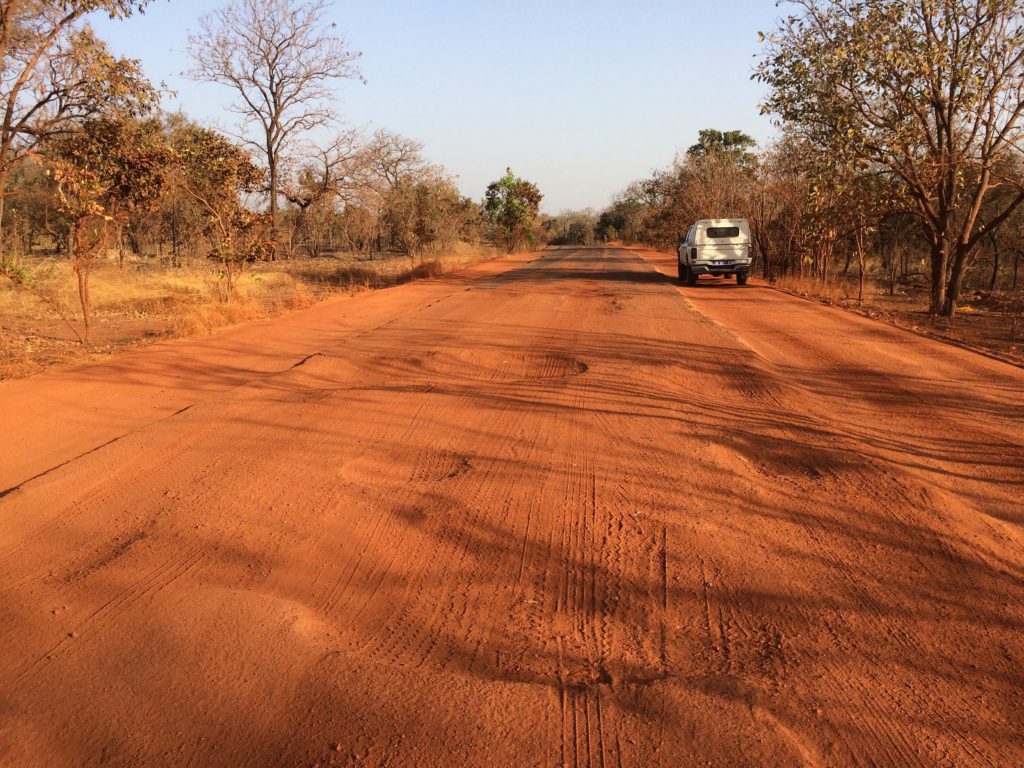
Suddenly, this class didn’t seem so abstract and theoretical anymore. Something had hit close to home.
People conflate middle- and low-income regions with being “poor regions,” but the African continent boasts incredible resource wealth. For example, the Democratic Republic of Congo is widely considered one of the richest countries on earth in terms of resource endowments, with tremendous renewable energy capacity and over half of the world’s known cobalt deposits. Despite sub-Saharan Africa’s rich energy endowments, renewable and nonrenewable, the region has some of the lowest energy generation and consumption rates in the world.
The development of these resources will not come from the public sector alone; it requires scaling up private investment, especially foreign investment. Much research is needed to inform domestic policy development in these areas, as well as research to inform private-sector decision-making. This is the research I want to do.
As an American citizen who grew up in sub-Saharan Africa, I find myself uniquely positioned to act as a liaison, whether it be for the US government directing aid to renewable energy sectors, or to help private US companies safely and ethically invest in these emerging markets.
I spent my developing, identity-forming years in rural Senegal with solar panels on my tin roof. A family friend died from mercury poisoning because of local mining practices, and his nine children were left without a father. When I was nineteen, I lived for five months off-grid in Cameroon. I saw a woman receive urgent medical care while people held flashlights so the nurse could see to stitch a head wound.
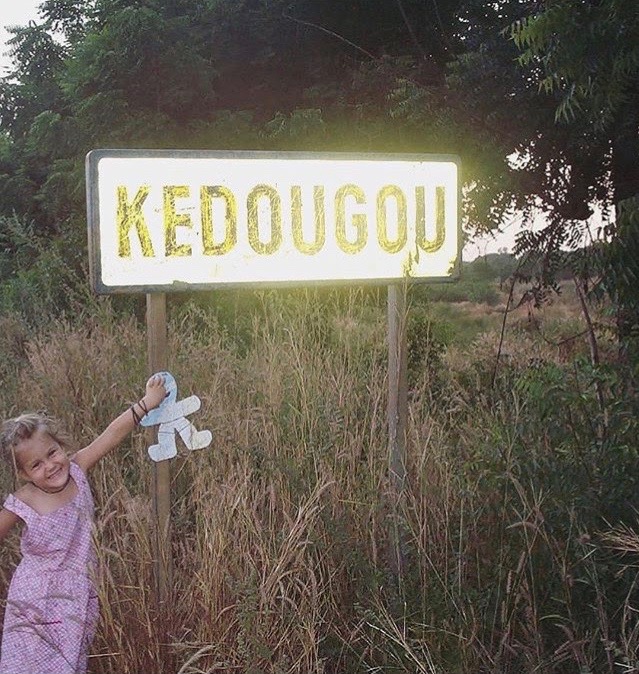
There is an exigent need for development, regulation, and transparency in the energy and extractive industries. I am painfully, distressingly aware of this in a way I never could be from listening to course lectures or reading journal articles or watching documentaries.
If I was not a TCK who happened to have a personal connection to that week’s reading assignments, I probably would have dropped that class.
If I had dropped that class, I likely would not have gone on to pursue a master’s degree in political science with a concentration in policy analysis. I would not be spending this week preparing to present my master’s research: a comparative analysis of the domestic uptake of renewable energy across three countries in sub-Saharan Africa. I would not be starting my PhD in the fall (specializing in comparative politics—can you believe it?).
But I am a third culture kid.
And I love my countries.
Under Senegal’s gold and oil and sunshine and wind are the red pebbles of the rural “hometown” that shaped me. I have no expectations of becoming a renowned expert spearheading revolutionary change. I don’t know what I will actually end up contributing, or if it will be valuable. I hope so. If anything, I see my research as an homage.
To the place that for most of my life, I called home.
How in the world did I get interested in this? How in the world could I not?
I see my research as an homage. To the place that for most of my life, I called home.
Haddie Grace has US citizenship, grew up in Senegal, graduated from university in North Carolina, met her Québécois husband in Cameroon, and immigrated to Canada in 2019. She regularly volunteers with TCK care programs and has served as a staff member at TCK re-entry/transition seminars in the United States and Canada.
